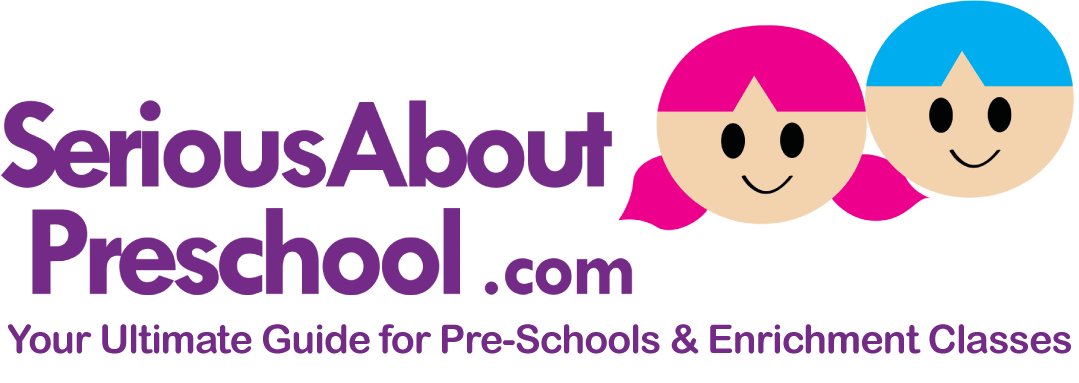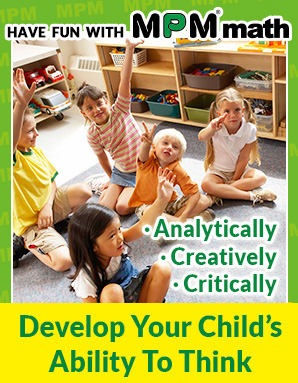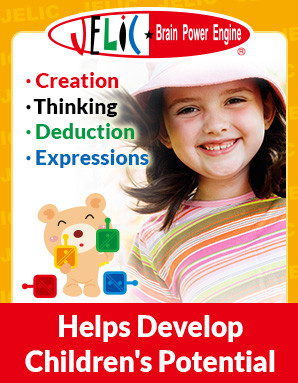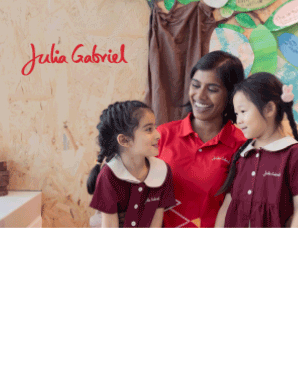Question:
Does My Child Have Speech Delay?Asked By : MamaFlorence
Words from the Expert:
Question: My 3 year-old son is still not speaking in good sentences but talks in gibberish. Is he delayed? What should I do?
Answer from the Expert:
Language development varies from child to child with some reaching certain milestones later than others. However, if you notice a significant delay or regression in speech development it is essential to closely monitor your child’s progress and seek professional advice. Consult your paediatrician, a speech and language therapist or pathologist, as needed. Early intervention is crucial for helping children with language delays catch up and develop appropriate communication skills.
Alongside monitoring your child and/or seeking a professional help, you can engage a 3 year-old who speaks mostly gibberish in activities that encourage language development and foster a strong bond with the child. Remember to be supportive, attentive and patient during these activities.
First and foremost, create a language-rich environment around your child:
Expose your child to a variety of vocabulary through everyday activities, for example, making a sandwich together. While preparing the food, talk to him about the ingredients and the process and encourage him to communicate in his own language.
Use clear and simple language. Speak slowly and clearly, using simple sentences and age-appropriate vocabulary. This can help your child understand and imitate language more effectively.
Repeat, model and expand language. When your child speaks using gibberish words, repeat what they say using correct language, expanding on their utterances. For example, when playing with a ball, if they say “baba” you can respond with “Yes, that’s a ball. The blue ball is bouncing,” as you bounce the ball.
Engage in interactive activities. Through simple games, singing songs and dancing, a 3 year-old can be encouraged to hear good language and respond in their own words at the beginning. Over time, they might try to imitate your response, especially when engaged in activities like labelling objects, colours or body parts, that help promote language development in a child.
Engage in conversations with your child. Encourage your child to talk by asking questions, discussing his day, or talking about things he finds interesting. Even if your child is chatty and talks in gibberish, respond in a positive and encouraging manner, listening attentively, using positive body language and with affirming words like, “I love listening to you, you have so much to say to me, tell me more Charlie”, etc. Being chatty and responsive with your child will enable him to hear good language modelling and encourage him to take part in a conversation with confidence. It is also necessary to limit screen time and encourage real life interactions.
All kinds of early childhood activities that encourage language acquisition, such as arts and crafts, water and sand play, playing with peers, and blocks and puzzles, help develop speech in children. However, do remember, the adult plays a huge role in initiating and helping the child to develop language in all these activities.
Reading storybooks every day to a 3 year-old who talks gibberish is essential! Choose age-appropriate books with colourful pictures and engaging topics. When a child listens to someone read aloud, he is exposed to correct pronunciation, intonation and rhythm of speech. This modelling of speech can be particularly helpful for a child with a speech delay, encouraging them to imitate words from the book.
Remember, every child is unique and develops at his own pace. However, early intervention can be beneficial if there are concerns about speech development. Always consult a healthcare professional to get personalised advice and guidance for your child’s specific situation.
The Expert:
Sumathi Jayaram
Principal of Julia Gabriel Centre
Julia Gabriel Centre
















